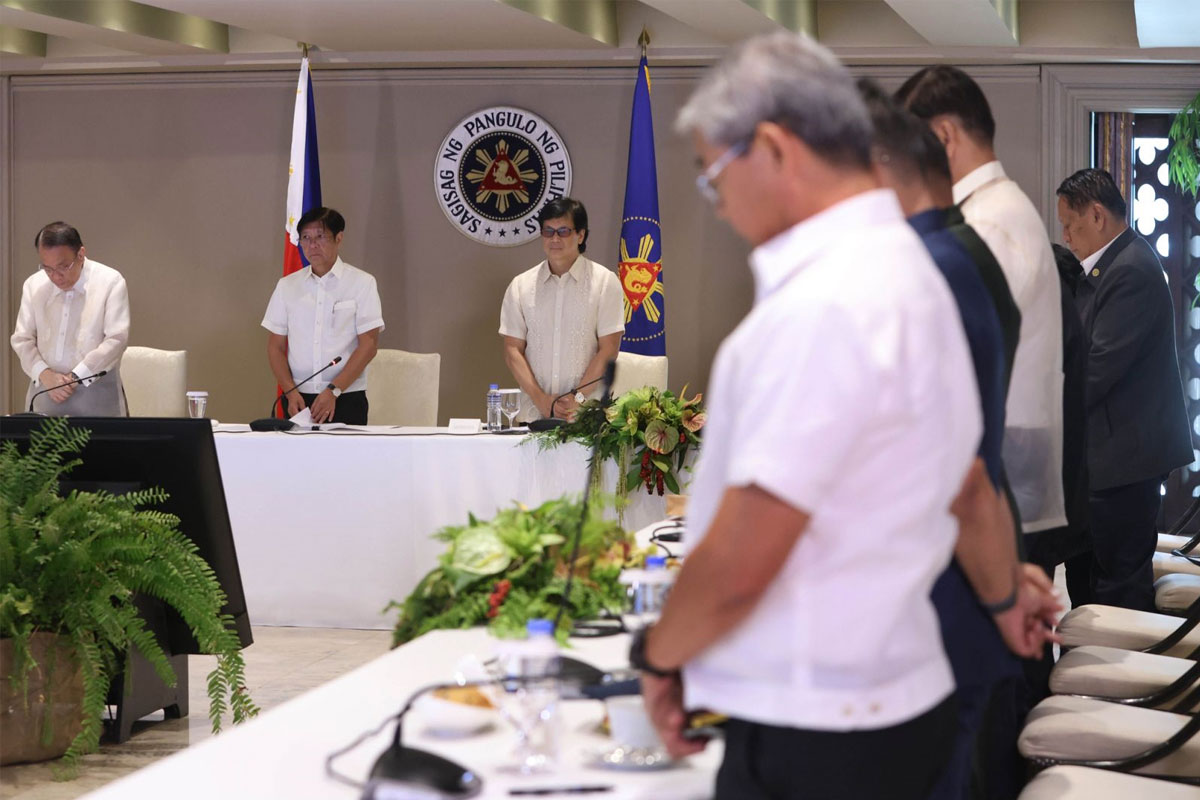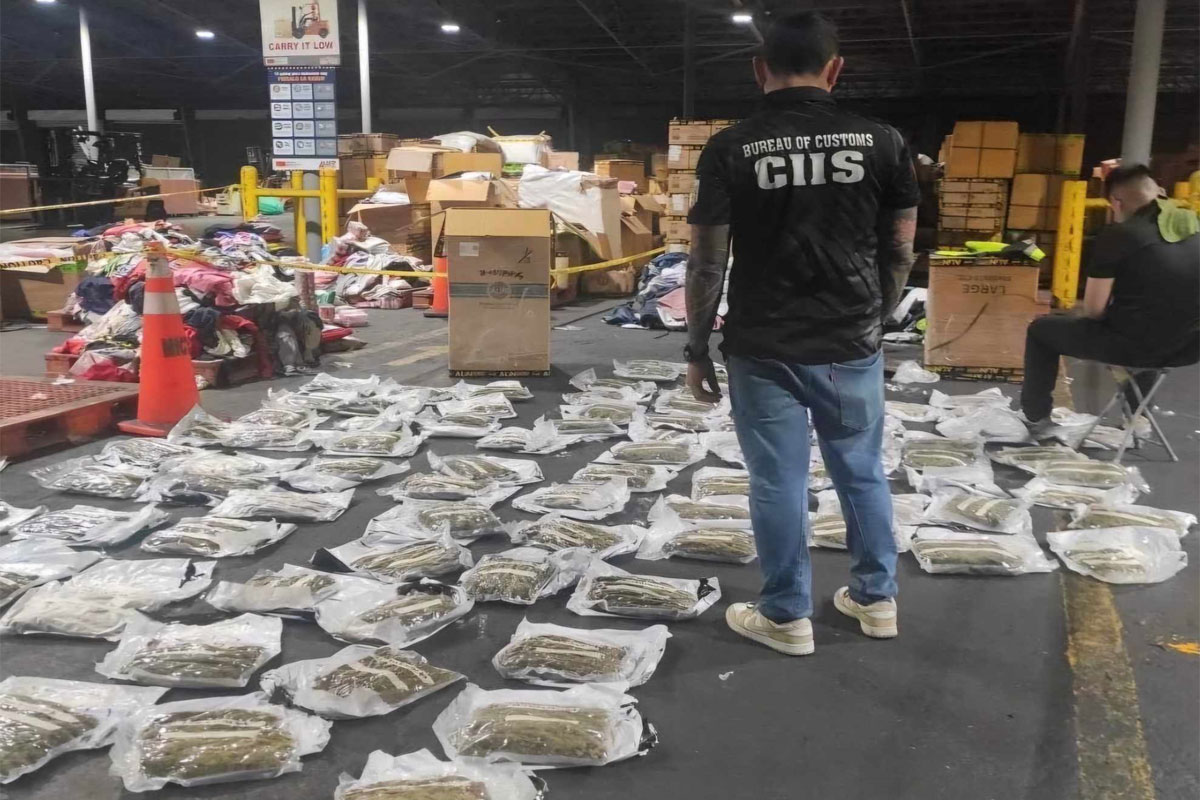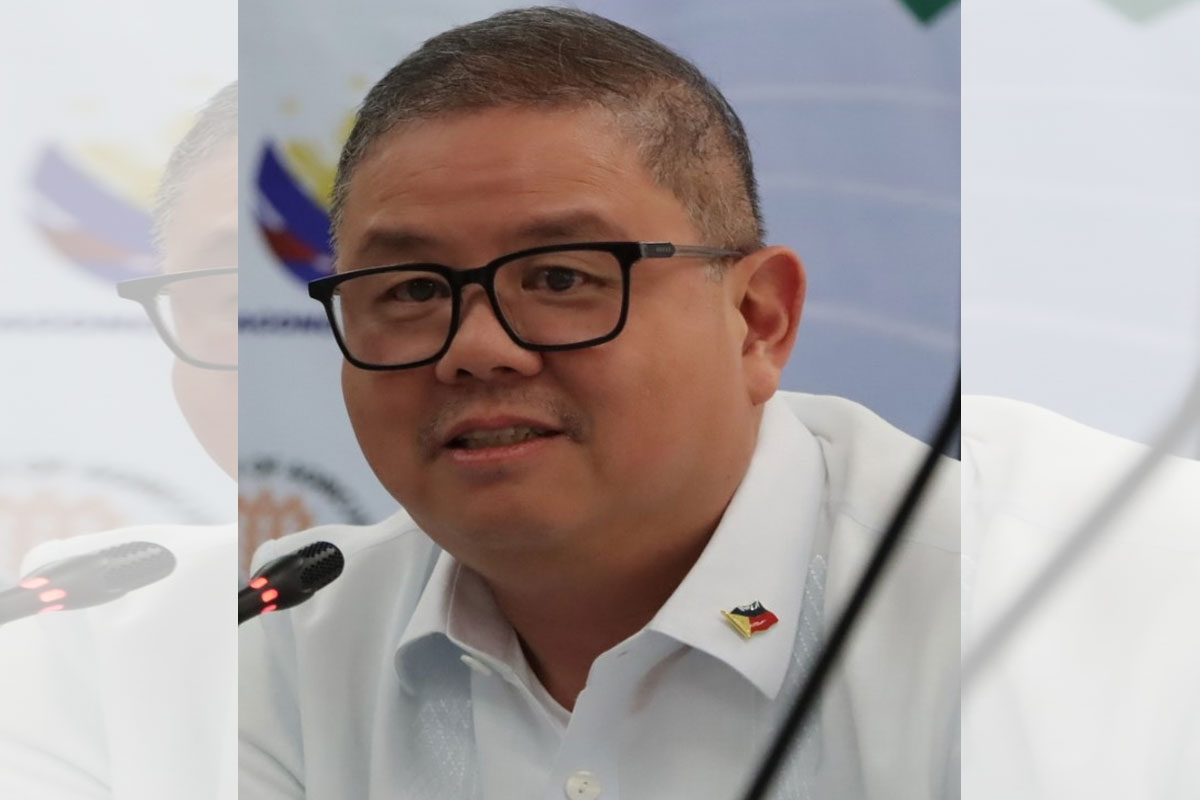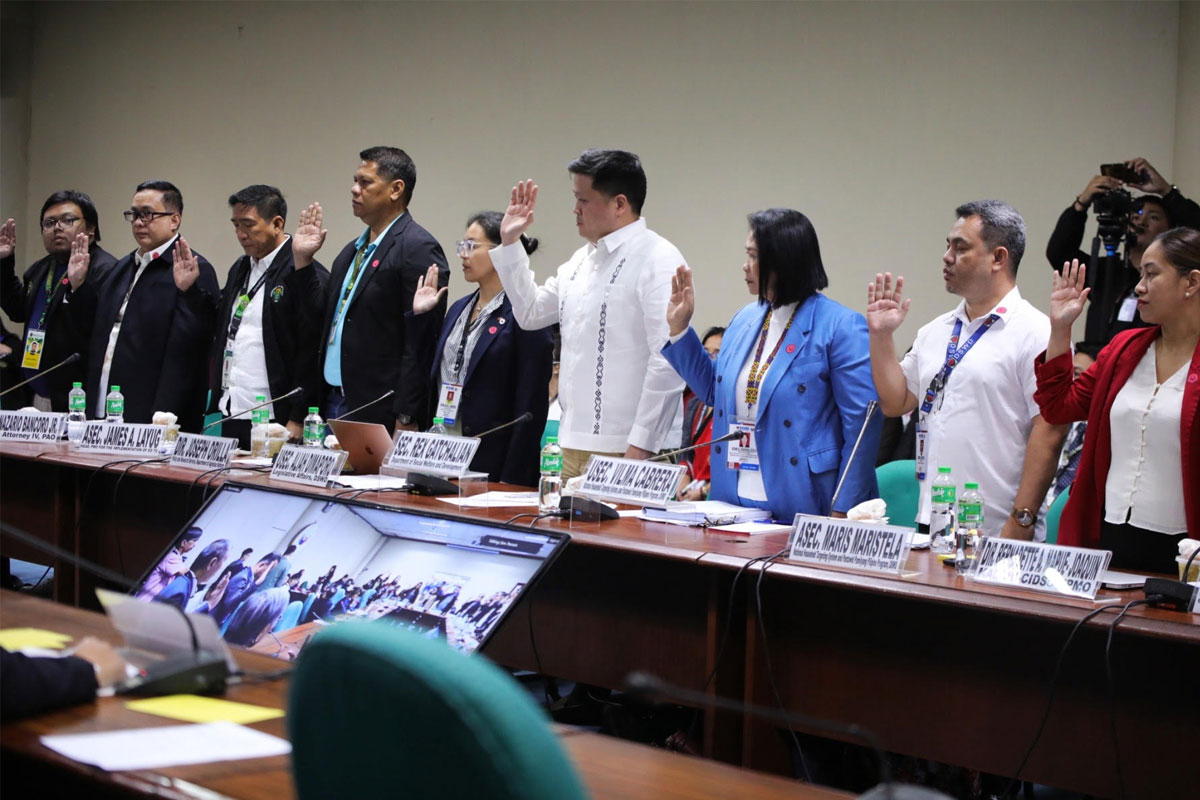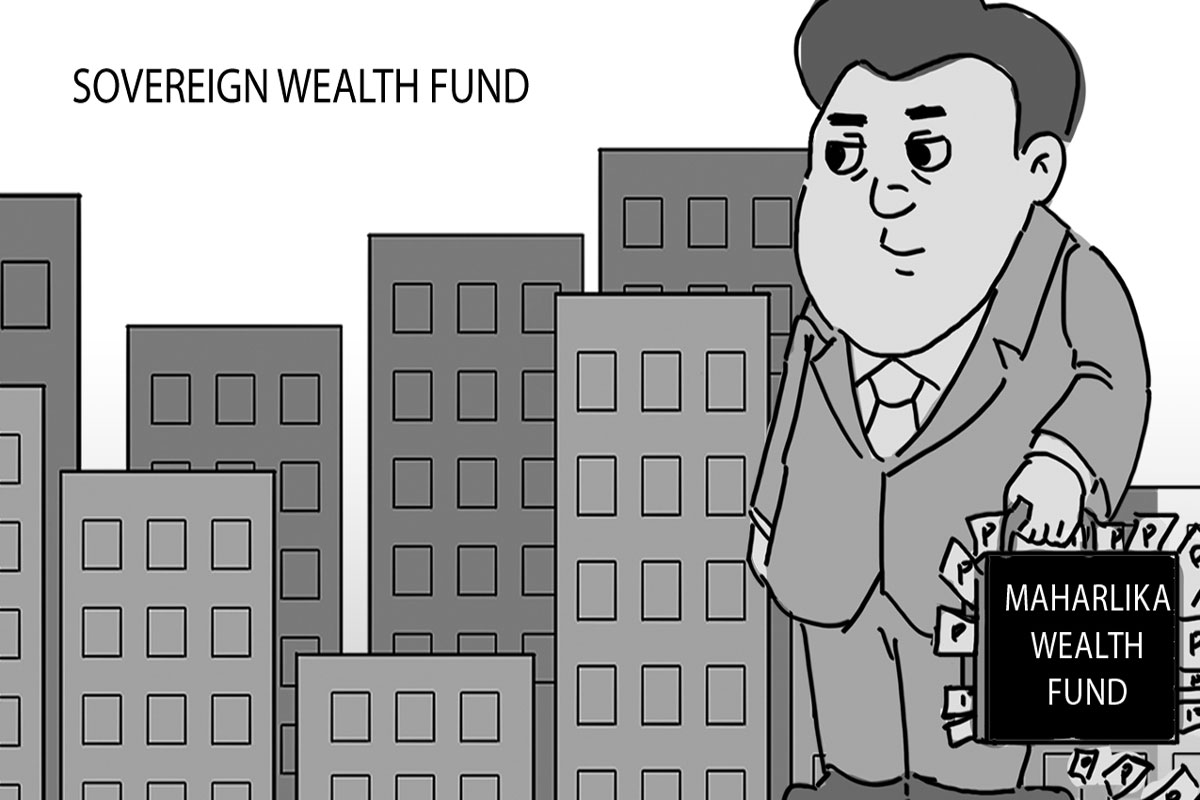
Growing sovereign wealth
ALL private companies strive for maximum returns and minimum risks on their investments.
This would ensure dividends for their stockholders and keep them happy.
Why should it be any different for government corporations and financial institutions?
The people would be similarly happy to see their taxes being invested properly and the returns spent on services and infrastsructure.
Thus, Speaker Martin Romualdez has filed a bill seeking the creation of a sovereign wealth fund to maximize the profitability of investible government assets for the benefit of all Filipinos.
House Bill 6398 proposes to establish the Maharlika Wealth Fund, which would draw resources primarily from contributions from the Government Service Insurance System, Social Security System, Land Bank of the Philippines, and Development Bank of the Philippines.
The proposed MWF is patterned after the SWFs of 49 countries, including Singapore, China, Hong Kong, South Korea, Malaysia, Indonesia, Taiwan, Vietnam and East Timor.
In filing the bill, Romualdez said it is essential for the government to “improve investment opportunities, promote productivity-enhancing investments and ensure that the Philippines becomes an investment destination” to achieve the objectives of the Agenda for Prosperity and the eight-point socioeconomic roadmap of President Marcos
“Sovereign wealth funds are state-owned investment funds typically financed by a country’s surplus revenues or reserves. Governments invest these funds in an array of both real and financial assets to stabilize national budgets, create savings for their citizens, or promote economic development,” he said.
“The proposed MWF will provide for the management, investment and use of the proceeds of the fund,” he said.
He said HB 6398 would give the GSIS, SSS, Land Bank and DBP the opportunity to ensure their respective funds’ optimal asset allocation as well as ensure that resources are efficiently channeled to investments that would provide the most value not only to the participating GFIs, but also to the country.
The Leyte lawmaker cited the cases of Singapore and Indonesia that have successfully used their sovereign wealth funds.
“Singapore’s SWFs provide the financial means for the city-state to manage its foreign reserves, defend itself and protect its sovereignty without compromising its domestic program and augment its land-limited economic space with global investments,” he noted.
As for Indonesia, it has attracted foreign investors to jointly capitalize its SWF to bring in much-needed investments in such sectors as transportation, including airports, supply chains, logistics, digital infrastructure, the green economy, health care services, the financial sector, technology and tourism, ultimately propelling the country’s growth.
“As the Philippines secures its place not only as the ‘Rising Star of Asia’ but as a real economic leader in the Asia Pacific, the creation of the MWF becomes imperative,” Romualdez said.
To ensure transparency and accountability, the MWF would adhere to the Santiago Principles.
These are the 24 generally accepted principles and practices agreed to in October 2008 in Santiago, Chile, among countries with SWFs, investment recipient countries and international organizations.
The stakeholders committed that SWFs would comply with all applicable regulatory and disclosure requirements in countries in which SWFs invest, and that the SWFs would have in place a transparent and sound governance structure that provides adequate operational controls, risk management and accountability, among other commitments.
Under HB 6398, the envisioned MWF would have a governing board, composed of nominees of the contributing GFIs, which would be in charge of managing the fund.
The board also includes two independent directors.


